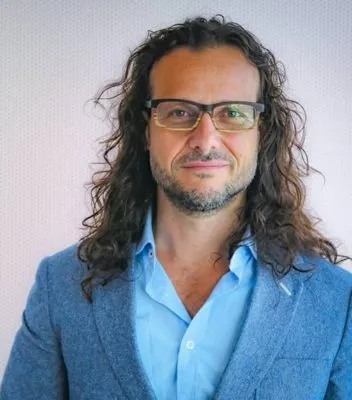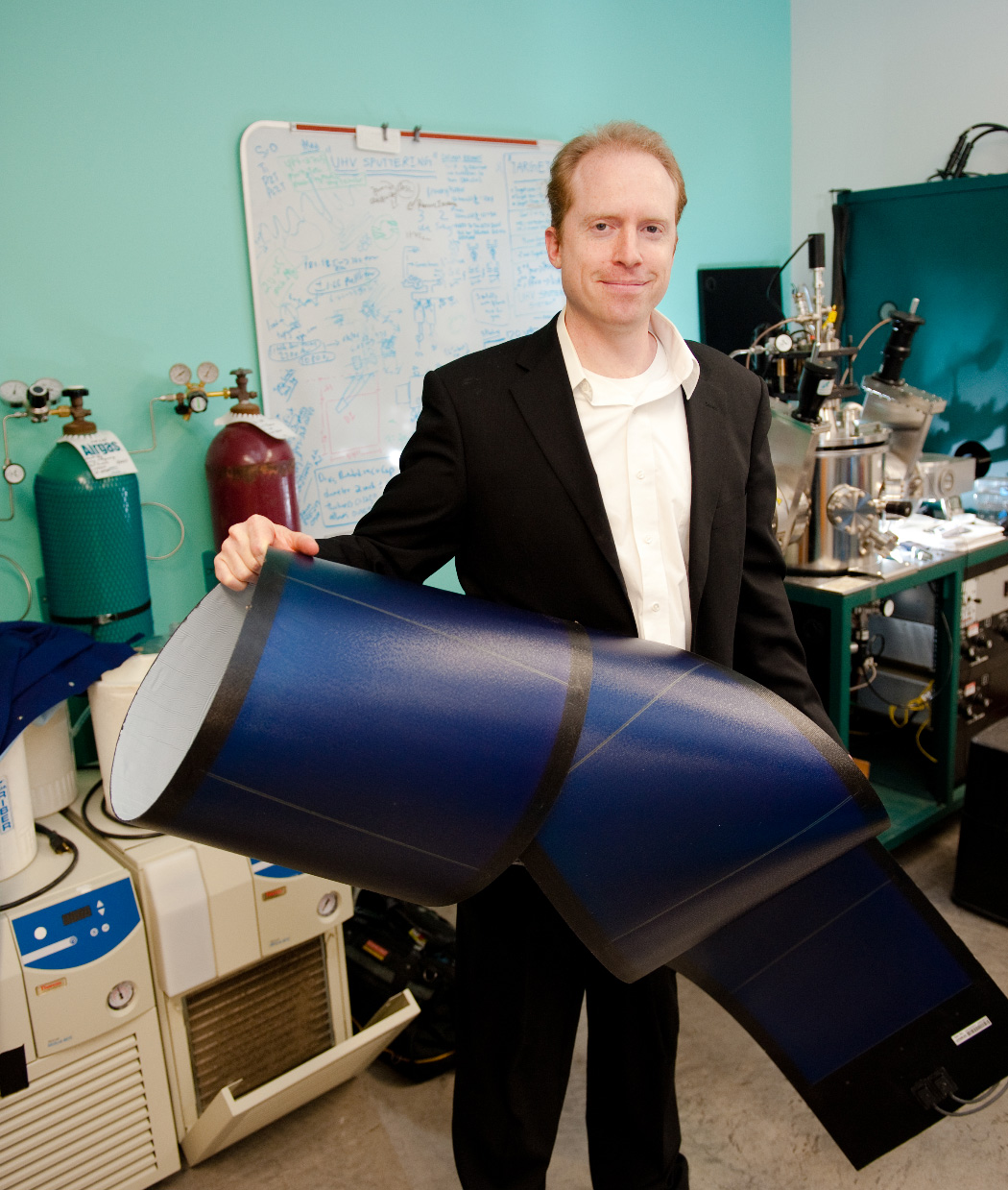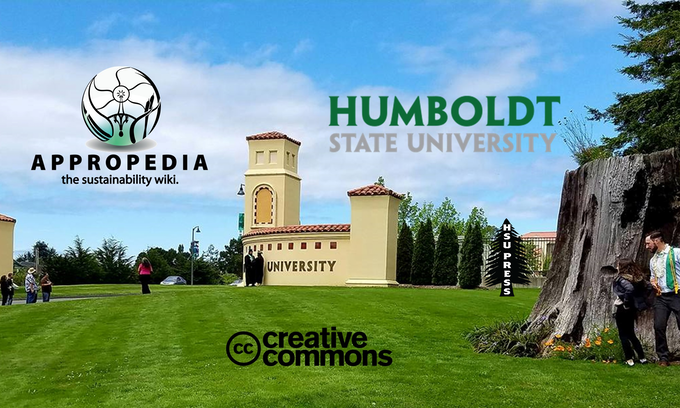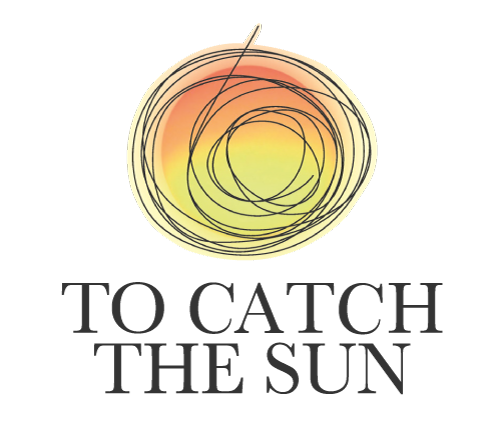More Background on The Book
To Catch the Sun includes project details and images from many dozens of Appropedia contributors. The Appropedia Foundation is a non-profit dedicated to “sharing knowledge to build rich, sustainable lives.” Up-to-date resource pages on Appropedia support each of the projects and resources in the book for long term follow-up. Some of the projects have been updated periodically online for over a decade!
Thanks to a special arrangement with the publisher, Humboldt State Press, all of the net proceeds from future sales will go back into the book and to the Appropedia Foundation. In addition, the content is licensed open source (as Creative Commons) so you can share it however you like!
Open Source
Brought to you free (digitally) through an open-source collaboration of Humboldt State University and The Appropedia Foundation. Also brought to you by hundreds of contributors and dozens of partner organizations! Proceeds from the purchase of physical copies go back to the Appropedia Foundation.
About The Authors

Lonny Grafman
Lonny is an Instructor of Environmental Resources Engineering and Appropriate Technology at Humboldt State University; the founder of the Practivistas resilient community technology program; the Advisor and Project Manager (and, at times, fundraiser) for the epi-apocalyptic city art projects Waterpod, Flock House, WetLand, and Swale; the managing director of the north coast hub of BlueTechValley, supporting energy saving entrepreneurs; the director of the AWEsome Business Competition for groups working on Agriculture, Water and Energy in Northern California; and the Founder and President of the Appropedia Foundation, sharing knowledge to build rich, sustainable lives.
Lonny has taught university courses in six countries and presented in dozens more. He has worked, and led teams, on hundreds of domestic and international projects across a broad spectrum of sustainability – from solar power to improved cookstoves, from micro-hydro power to rainwater catchment, from earthen construction to plastic bottle schoolrooms. Throughout all of these technology implementations, he has found the most vital component to be community.
His work is covered in books, TV, journals, and radio around the world. Related press regarding the book includes:
- 1 hour podcast on this new book and Building a More Resilient World on Sustainable World Radio
- 40 minute podcast with an early announcement of this book from Green Dreamer: Sustainability and Regeneration From Ideas to Life
- Featured in Retro Report and Quartz’s 8 minute mini-documentary on solar power and the Future of Home.
- Interviewed on PRI’s The TakeAway 4 minute radio show about solar becoming the least expensive energy source.

Professor Joshua M. Pearce
Professor Pearce received degrees in chemistry, physics, and a Ph.D. in materials engineering from the Pennsylvania State University for his work in low-cost solar cells. He then developed the first Sustainability program in the Pennsylvania State System of Higher Education and helped develop the Applied Sustainability graduate engineering program while at Queen’s University in Canada.
He was the first Richard Witte Professor cross-appointed in the Department of Materials Science and Engineering and the Department of Electrical & Computer Engineering at Michigan Technological University where he ran the Open Sustainability Technology Research Group. He was a Fulbright-Aalto University Distinguished Chair and remains visiting professor of Photovoltaics and Nanoengineering at Aalto University, Finland and Visiting Professor Équipe de Recherche sur les Processus Innovatifs (ERPI), Université de Lorraine, France. He wrote this book deep in the north in a solar-powered house.
He is currently the John M. Thompson Chair in Information Technology and Innovation at the Thompson Centre for Engineering Leadership & Innovation, Ivey Business School and the Department of Electrical and Computer Engineering at Western University in Canada.
Dr. Pearce is a frequent contributor to Appropedia, as his research concentrates on the use of open source appropriate technology to find collaborative solutions to problems in sustainability and poverty reduction. His research spans areas of electronic device physics and materials engineering of solar photovoltaic cells as well as solar photovoltaic systems and economics. His group also does work in open source RepRap 3-D printing, applied sustainability, and energy policy. His research is regularly covered by the international and national press, and it is continually ranked in the top 0.1% on Academia.edu. He is the author of the Open-Source Lab: How to Build Your Own Hardware and Reduce Research Costs as well as the Create, Share, and Save Money Using Open-Source Projects.
Consider a donation





